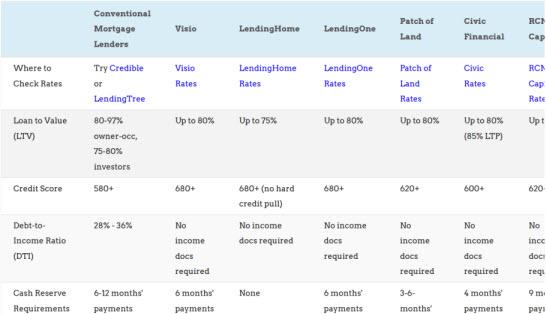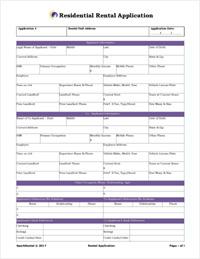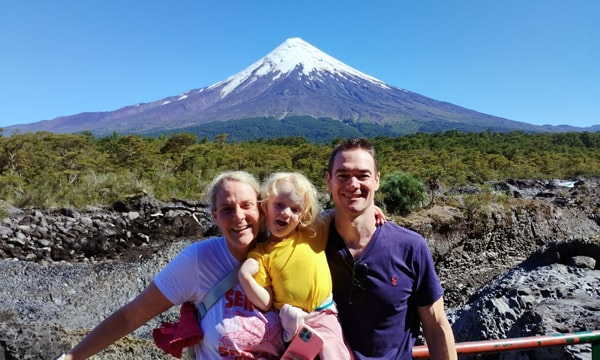The Big Picture on Weird Side Hustles:
-
- From typing poems in the park to fighting robocallers, the most unexpected ideas can generate serious income.
- Skills in mechanics, interior design, or legal knowledge can find surprising demand on the right platforms or social media.
-
Each hustle blends creativity with smart positioning—proving that with the right twist, almost any idea can become a business.
Disclaimer
The information provided on this website is for general informational purposes only and should not be construed as legal, financial, or investment advice.
Always consult a licensed real estate consultant and/or financial advisor about your investment decisions.
Real estate investing involves risks; past performance does not indicate future results. We make no representations or warranties about the accuracy or reliability of the information provided.
Our articles may have affiliate links. If you click on an affiliate link, the affiliate may compensate our website at no cost to you. You can view our Privacy Policy here for more information.
If there’s anyone who knows a thing or two (or a thousand) about unconventional income streams, it’s Nick Loper—founder of Side Hustle Nation and host of The Side Hustle Show. With over a decade of interviewing people who’ve turned passion projects into paychecks, Nick has seen it all—especially the weird, the wacky, and the wonderfully profitable.
We sat down with Nick to dig into some of the most out-there side hustles he’s come across. Here are five of our favorites:
1. “Pay-What-You-Want” Typewriter Poetry in the Park
In Tennessee, a man set up his vintage typewriter in a local park and offered pay-what-you-want poems to passersby. The result? He made $200–$300 in just a few hours on a sunny Saturday.
Was he a starving artist? Not necessarily. But it was a creative, joyful way to earn extra cash while connecting with strangers through poetry. Whether you’re a writer, illustrator, or even a joke-teller, there’s room to bring your art into the real world—and get paid for it.
🧠 Side Hustle Spin: Use ChatGPT to speed up your writing or offer customized jokes, love letters, or affirmations.
2. Virtual Mechanic: Diagnosing Cars Over the Internet
Think car repairs are strictly hands-on? Think again.
Through a site called JustAnswer, a former Ford technician named Chris began answering car-related questions remotely. From helping diagnose strange noises to recommending repairs, Chris reportedly earned up to $14,000 a month. Yes, all while staying grease-free.
🧠 Side Hustle Spin: If you have niche expertise—plumbing, law, health, or anything else—platforms like JustAnswer can help you monetize it without clocking into a 9–5.
3. Luxury Dorm Room Designer ($20K+ Projects!)
When Mary Margaret posted a TikTok of her daughter’s well-designed dorm room, it went viral. That single video led to a full-blown business designing dorm rooms—at $20,000 to $30,000 per room.
This became a must-have service among wealthy families at southern universities, particularly in SEC schools. Whether virtual or hands-on, she transformed small student spaces into Instagram-worthy havens.
🧠 Side Hustle Spin: This one’s all about spotting trends. If you can combine aesthetics, functionality, and a high-paying niche (like college students or luxury rentals), you’ve struck gold.
4. Pumpkin Porch Decorating Service (Yes, Really)
In the Dallas–Fort Worth area, one woman turned seasonal pumpkin arrangements into a million-dollar business. Her team curated, staged, and delivered gorgeous fall-themed porches with—you guessed it—lots of pumpkins. No carving involved.
Her seasonal business boomed between August and November, fueled by social media buzz and southern love for porch aesthetics.
🧠 Side Hustle Spin: People will pay for convenience and a vibe. Seasonal services—from holiday decorating to gift wrapping—can become big earners if marketed well.
(article continues below)
5. Fighting Robocallers (and Getting Paid for It)
Tired of spam calls? One man in the Pacific Northwest turned that annoyance into a side hustle. Every time he got a robocall, he’d keep the caller on the line until he was transferred to a U.S.-based agent. Then, he’d gather enough info to threaten legal action under the Do Not Call Registry law.
Companies were quick to settle—paying him anywhere from $500 to $2,600 per case. In total, he’s made over $40,000.
🧠 Side Hustle Spin: This hustle takes patience, cleverness, and a dash of legal savvy—but the payoff can be significant.
Bonus Tip: Join Our Co-Investing Club For Hassle-Free Real Estate Investing
Want to enjoy the potential of passive real estate without having to buy real estate? Invest with our exclusive Co-Investing Club at SparkRental!
Our unique platform allows members to collaboratively evaluate and invest in diverse real estate opportunities, including private partnerships, notes, syndications, equity funds, and secured debt funds.
With a minimum investment of just $5,000 per deal, our club removes traditional barriers, giving you access to high-yield real estate ventures that typically require $50,000 to $100,000 for individual investments.
At SparkRental, our Co-Investing Club prioritizes diversification across various property types and geographic locations throughout the U.S. Our carefully selected investments span multifamily units, mobile home parks, self-storage facilities, short-term rentals, and more, aiming for average annualized returns of 15% or higher on equity investments and 10-12% interest on debt investments.
Each month, our members join interactive video calls to discuss and vet new opportunities, ensuring everyone has a say.
Best of all, you don’t need to be an accredited investor to join our club!
Whether you’re a seasoned investor or just starting out, our Co-Investing Club offers a streamlined, community-oriented pathway to passive income and financial growth.
Final Thoughts from Nick Loper
“I love showcasing how people are turning everyday skills—and sometimes just quirky ideas—into income,” Nick says.
Whether it’s a weekend creative outlet or the start of your new full-time gig, there’s never been a better time to get scrappy and start something on the side.
Want more inspiration? Tune into The Side Hustle Show wherever you listen to podcasts, or dive into hundreds of ideas and success stories at SideHustleNation.com.
Bonus: If you liked this roundup, share it with your friends, roommates, or that cousin who’s always coming up with crazy business ideas. You never know—it might spark their next big thing.

























